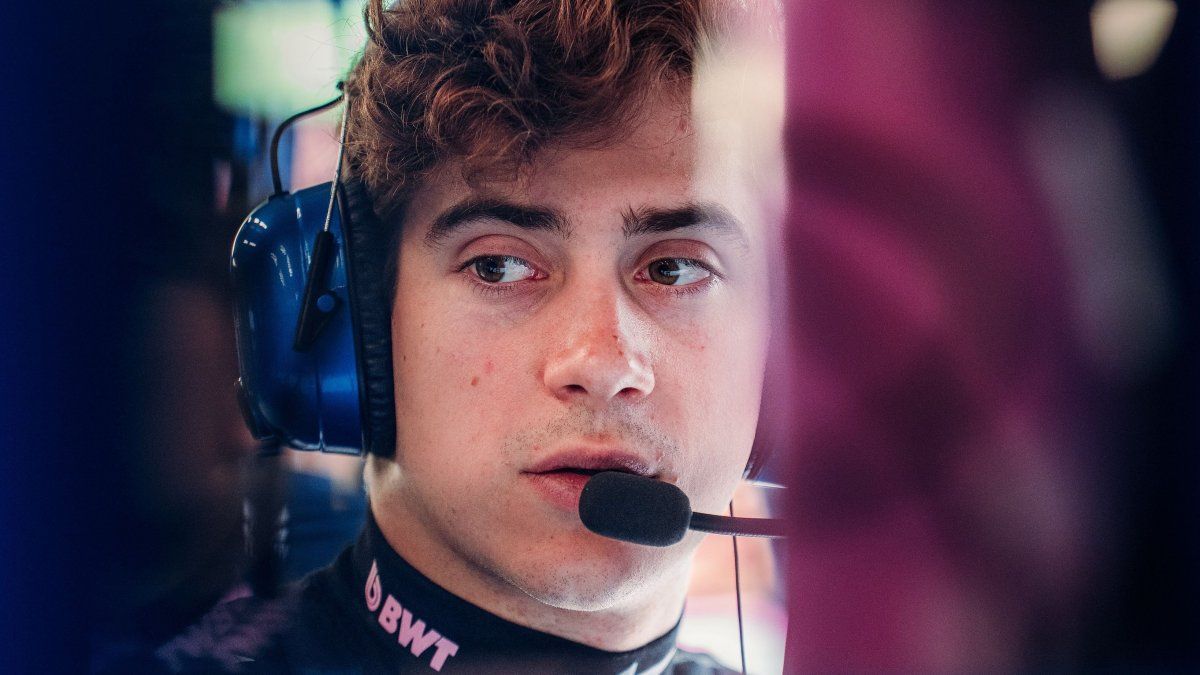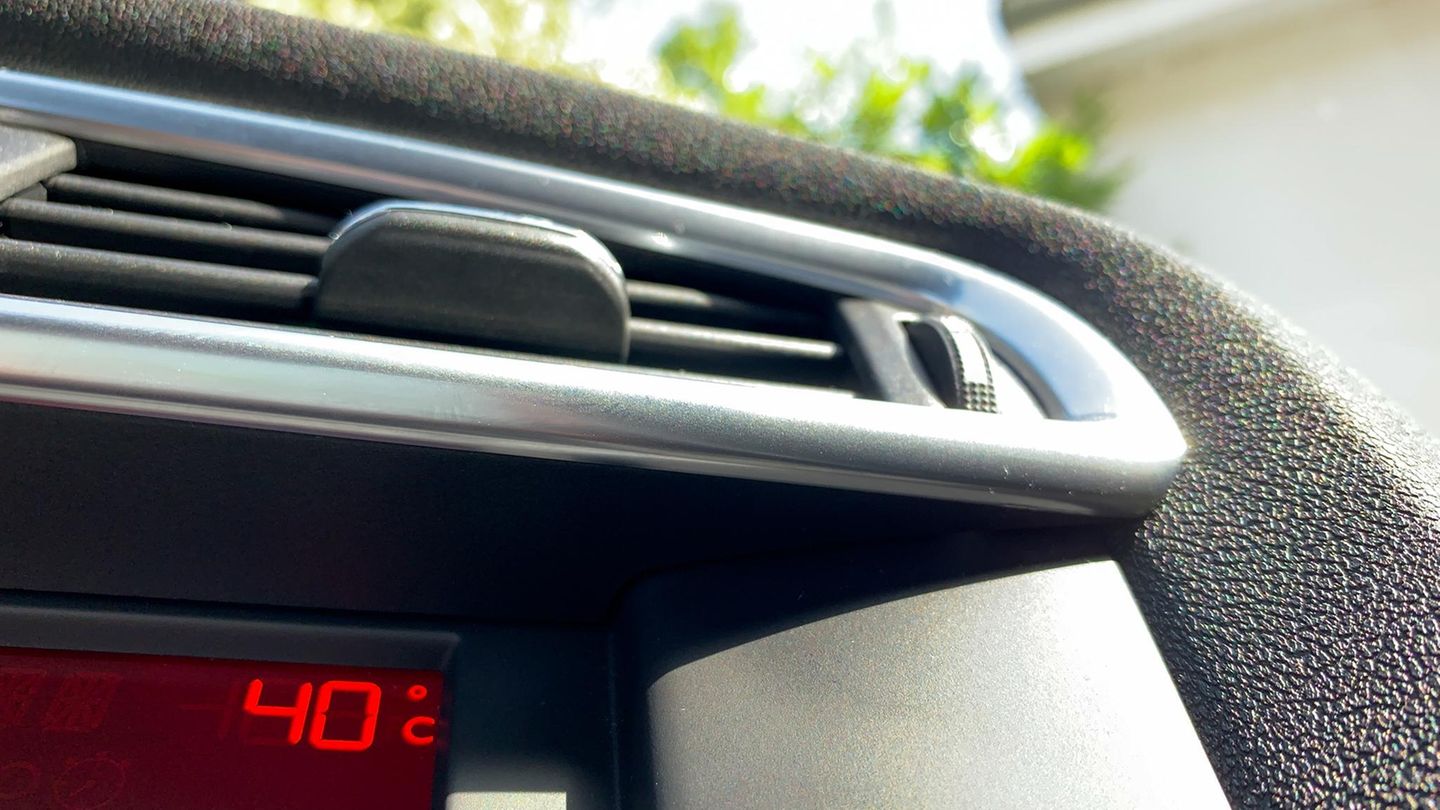South Korea
Martial law lifted: President Yoon loses power struggle
Copy the current link
South Korea is kept in suspense by turbulent domestic political developments. After the brief declaration of martial law, there are calls for the president to resign.
South Korean President Yoon Suk Yeol is facing calls to resign because of the martial law he briefly imposed. The largest opposition party accused the conservative head of state of violating the constitution and called on Yoon to resign from office immediately. Otherwise, impeachment proceedings will be initiated. Unions threatened strikes. The head of the ruling party, Han Dong Hoon, also expressed sharp criticism: According to reports in South Korean media, he called on the president to explain his behavior and fire Defense Minister Kim Yong-hyun because of the “disastrous situation.”
The president, who was in low opinion polls, lifted the martial law he had unexpectedly declared within hours that night. All 190 MPs present in the National Assembly had previously called on him to take this turnaround by voting. According to a report by the South Korean news agency Yonhap, ten senior advisors to the president wanted to resign – including Yoon’s chief of staff and the national security advisor.
It initially remained unclear what motivated Yoon to take his radical step. The USA, as South Korea’s most important ally and protecting power, was deeply concerned about the short-term imposition of martial law, as was Germany. Japan’s Prime Minister Shigeru Ishiba also announced that his government was following developments in the neighboring country with “serious concerns.” US Secretary of State Antony Blinken welcomed Yoon’s subsequent about-face and warned that political differences must be resolved “peacefully and in accordance with the principles of the rule of law.”
In Seoul, thousands of demonstrators marched in front of the military-cordoned parliament during the night to loudly protest against Yoon’s actions. Criticism also came from his own government: “The Republic of Korea is a liberal democratic nation, and we stand with the people to defend liberal democracy and will firmly oppose this declaration of martial law,” said party leader Han Dong Hoon .
President blames the opposition
It was the first time since South Korea’s transition to democracy in the late 1980s that the country’s president declared martial law. Previously, South Korea had been ruled largely by military dictatorships after gaining independence from Japan in 1945. In the spring of 1980, the then military dictator Chun Doo Hwan imposed martial law for the last time.
As a result of the state of emergency declared by Yoon, all political activities in South Korea were briefly banned. The 63-year-old also effectively restricted the activities of media and publishers.
In a speech broadcast live on television, Yoon argued that martial law was aimed at “protecting the constitutional order of freedom.” “Last night at 11 p.m. I declared a state of emergency with the firm intention of protecting the nation from the anti-state forces,” he said. Yoon accused the opposition of sympathizing with the communist regime in North Korea.
Since the Korean War ended in 1953 with an armistice and not a peace treaty, South Korea remains formally at war with its northern neighbor to this day. For the political right, to which Yoon belongs, it is a common accusation to defame the left camp as communist and “pro-North Korean.”
Yoon is fighting against poor poll numbers
According to experts, Yoon’s actions are likely to be motivated by domestic politics. The unpopular president’s poll numbers have been miserable for months. On weekends, increasing numbers of demonstrators took to the streets of downtown Seoul to demand his impeachment. There have also been allegations of corruption against his wife for a long time. At the same time, the government camp and the opposition argued over the state budget for the coming year.
Yoon accused the opposition-dominated parliament of obstructing government business through motions to impeach ministers and other officials. Since the government took office in May 2022, the National Assembly has submitted 22 motions for impeachment.
The president has a strong role in the South Korean political system. The Prime Minister is also clearly subordinate to him. The power of the directly elected president is comparatively comprehensive, although he may not be re-elected after a one-time, five-year legislative period. Given the public pressure, experts say it is unlikely that Yoon will remain in office until the end of his legislative term in 2027.
Despite the protests in front of parliament, the situation remained peaceful apart from a few minor scuffles. The German embassy in Seoul initially saw “no immediate threat to the personal safety and property of foreign nationals.”
dpa
Source: Stern
I have been working in the news industry for over 6 years, first as a reporter and now as an editor. I have covered politics extensively, and my work has appeared in major newspapers and online news outlets around the world. In addition to my writing, I also contribute regularly to 24 Hours World.




